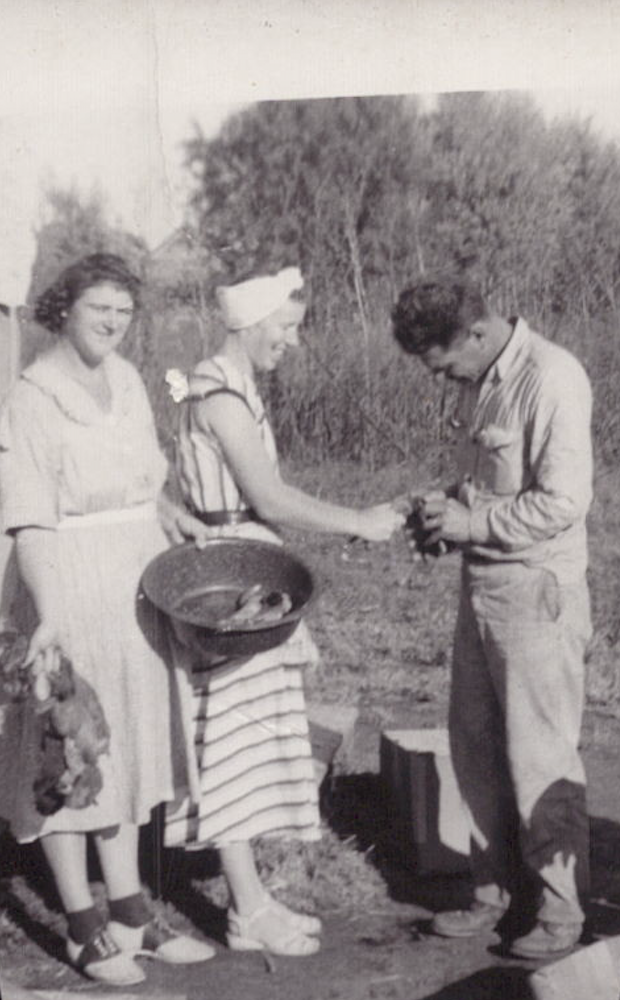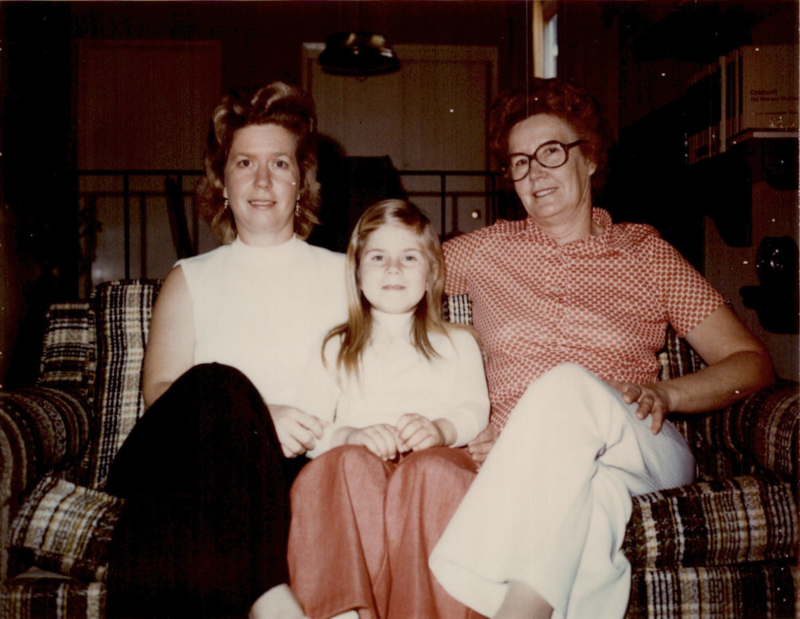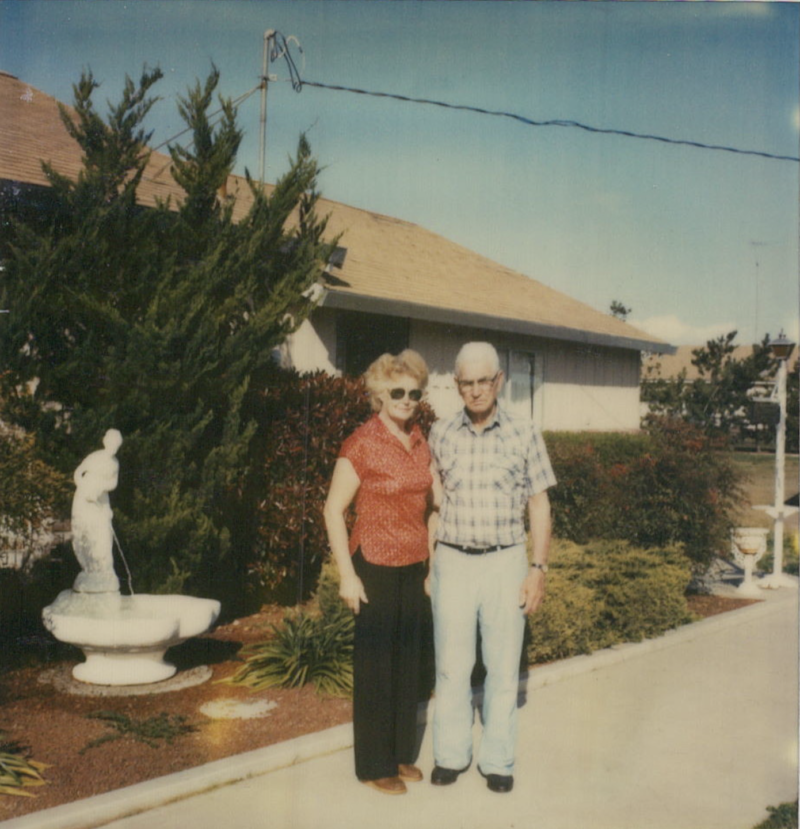For our series “Letter To My California Dreamer,” we’re asking Californians from all walks of life to write a short letter to one of the first people in their family who came to the Golden State. The letter should explain:
What was their California Dream?
What happened to it?
Is that California Dream still alive for you?
Here’s a letter from San Jose resident Kimberly Brown to her grandparents:
Dear Grandparents,
Your story started in 1936, shortly after being married in rural Oklahoma. Grandpa, you were 22, and grandma, you were 18. Between the two of you, no one had a dime. Just a hope and a dream that there was something and somewhere better than the Dust Bowl of Oklahoma.
You told me you’d paid a smuggler to get you two into California. You were both Americans, but in 1936 the Los Angeles Police Department briefly established a “Bum Blockade” to ban Dust Bowl migrants from entering the state.

You had your eyes set on Oakdale in the San Joaquin Valley, where you had family and the promise of work. Without a car, horse or wagon — only the clothes on your back — you jumped trains out of Oklahoma. You said it was a good way to travel then, that people looked out for each other.
You sometimes would walk back roads looking for work in exchange for a meal. Grandma, you told me of the sweet woman that took pity on you because you were so thin. She put grandpa to work and fed you in the kitchen. You ate as much as you could. You laughed at that memory.
When you arrived in Oakdale, your sister and brother-in-law gave you a home. You said you were lucky to have family there because many ended up in migrant camps with no running water or sanitation.
They called you “Okies,” a derogatory name meaning dirty, criminal, and stupid. You were none of these. Just two young people looking for work. That’s why I sympathize for those who make the difficult journey from south of the border.

Grandma, you ended up working in the canneries, feeding America. Grandpa, you would go on to build some of the great highways of Northern California, including Highway 17. I think of you often when I drive over it and how you told me it was the worst road ever built. I agree, but I know the curves to slow down on so don’t worry!
For the next decade, you followed work all over the country. Grandpa, you even worked on the Panama Canal. Finally, the two of you made Oakdale your permanent home for you and your five children.
Grandparents, the California dream delivered you from poverty to middle-class. For me, the California dream is pride in my state. It’s a state of many cultures, diverse landscapes, bountiful farmland, and world-changing industries. I’m proud to be a Californian and your granddaughter.
Love,
Kimberly

We’d love to see your letter to your family’s California Dreamer. Maybe it was a parent, a great-great grandparent or maybe even you were the first in your family to come to California with a dream. Fill out the form here and share your story with us!

